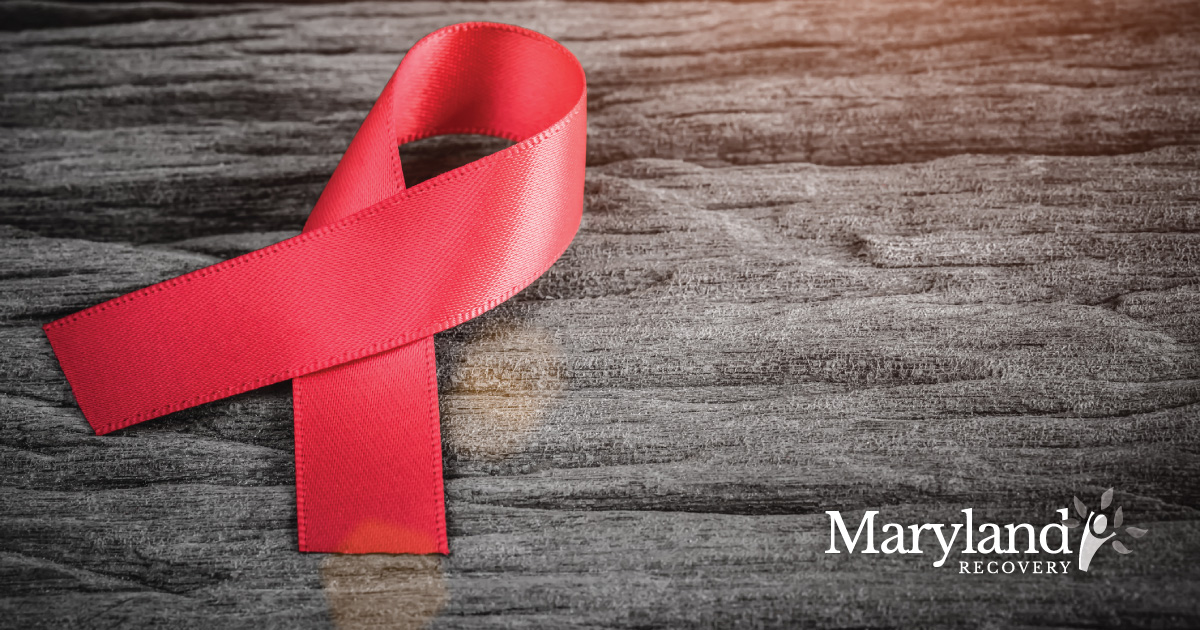How Do You Contract HIV/AIDS?
HIV stands for human immunodeficiency virus. HIV is a viral infection that targets the body’s immune cells, which are crucial to keeping the body healthy when a person is sick. When a person contracts HIV, the infection targets these immune cells and kills them off. This makes it difficult for the body to fight off infections while sick, which makes diseases much more devastating when they occur.
AIDS, or acquired immune deficiency syndrome, is the final stage of the HIV infection. When someone has AIDS, their body cannot fight off any disease. Not every HIV patient will reach the AIDS stage, but this stage is often fatal.
A person can transmit HIV to another through specific activities that involve exchanging bodily fluids. Blood, semen, vaginal and rectal fluids, breast milk, and pre-seminal fluids can carry HIV and infect another person through transfer. Common ways a person can contract HIV include:
- Sharing needles or syringes with someone who has HIV/AIDS
- Having unprotected anal or vaginal sex with someone who has HIV/AIDS
- Receiving a transfusion with contaminated blood
- Being stuck by an HIV-contaminated object, such as a discarded needle









